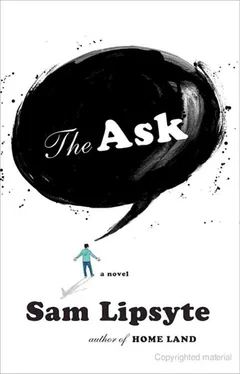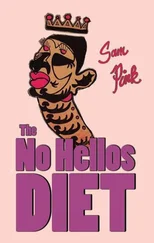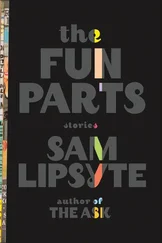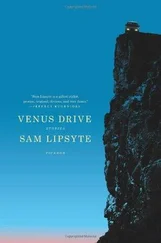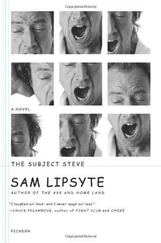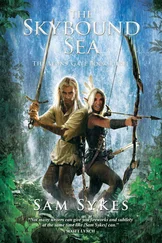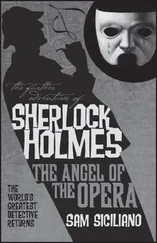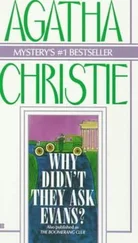Once, when I was thirteen, fourteen, I passed by his alcove study off the kitchen. Jolly Roger called me in to chat. Later, I could almost see the famous knife in its tooled scabbard on his desk, but this was years before I knew it existed. He was doing the bills under his green lampshade, an elaborate ritual in which a pewter letter opener and a fancy red fountain pen vied for the role of lead fetish.
That desk, those bills, there was still something glamorous about credit cards, the perks of average citizenship. American Express paid for your postage. Airlines served salad and steak in coach. America was dingier, more bountiful. My father traveled to factories around the country to consult in the manufacture of movie projectors. This made him, to his mind, and the minds of others, part of the movie business. The edge of a pocket mirror poked out from under a gas company envelope. I saw the white smears.
"Milo, come on in."
"Hey, Dad."
"Come in, have a seat. I won't bite, you know."
It was the only time I thought he might bite.
"Sure, Dad."
I lowered myself into his captain's chair, a graduation gift from his father, with a slash of black paint where his alma mater's logo once gleamed. There had been some last-minute trouble with Jolly Roger's grades. He still held a grudge.
"It's a funny time," he said now.
I thought he meant 1982. Then I realized he meant this time in his life, our lives, his marriage.
"She gets so mad, Milo. I thought she was going to break all the dishes the other week. Remember that? That was something."
Claudia had smashed a good deal of crockery. It was after Roger had left for a week, only to come home and sneer at the state of the house, make some passing reference to the "dynamite" hair of a woman in San Diego, wonder if Claudia might like to try a shampoo that could deliver similar sheen.
Now he shook his head as though he were in a TV movie about a good-hearted guy overwhelmed by his wife's mental illness.
"I don't know," he said. "I just don't know."
"What don't you know?"
"It's strange," he said. "Maybe sometimes the best thing a family can do is dissolve."
"Dissolve?"
"There's no dishonor. Obviously we're all adults."
"I'm not," I said.
"Well, I consider you one," said my father. "That's what's important."
"You don't have to," I said. "I can be a kid for a while longer."
"Don't shortchange yourself," he said, his eyes a bit watery, with feeling, or pollen, or primo lady, I had no idea.
"I won't shortchange myself."
"No, really. I don't judge you. I don't have those hang-ups. You can fuck anybody you want. You can love anybody you want."
Later I realized he believed I was gay, had taken a rather impressive, if premature, position on my sexuality. At the time I thought he was just veering off topic, which I guess he was doing as well.
"Seriously, you can love anybody, and I will love you."
"Thanks, Dad."
"No, really, I mean it."
"I know, Dad."
"Oysters and snails. Ever see that movie?"
"Saw it with you. On TV. But they didn't have that part. You told me about it."
"Spahtakus," he said, "I love you, Spahtakus. Remember? That's what's-his-face."
"Right," I said.
"There's no shame in men loving men," he said. "There's only shame if there's shame. You get me?"
"Sure, Dad."
"I don't go in for all that macho crap," he said. "In fact, even though your mother goes to all those meetings, I'm a better feminist than she is. You want to know why?"
"Why?"
"Because I'm objective. I'm not a woman, so I can see it all very clearly. And they are absolutely right. We are pieces of shit."
"We are?"
"Not you. You're a good boy. I can tell you want to be a bad boy but you don't have it in you. Or maybe Claudia drained it out of you. I shouldn't say that. She's going through a lot of changes. So am I. Change or die, they say. And who, you may ask, are they?"
"Huh?"
"I said, 'Who, you may ask, are they?' "
"Who?" I said.
"Who is who?"
"Who are they?" I said.
"Third base," said my father, laughed.
He loved the old routines, even if he never quite got how they worked. Maybe he liked those movies, the spit takes and predictable trickery, because they gave him occasion to dream, to watch the better movie in his head, or even just browse for an interior state. When you did that without a television, people worried, asked if you'd like to see a professional.
"But who's on first?" I said now, tried to get him going.
"You're a good kid," he said. "It's not your fault."
I thought he meant it wasn't my fault that he didn't love me enough. But he probably meant something else. The phrase "good kid" made me shudder now, especially when I looked at Bernie. I'd spoken those words myself on occasion, knew them for the flail scared fathers wielded to fend off the love of their sons.
I think I understood Roger a little more the night before he died. He looked disappointed on his deathbed, a weak, sweet boy, like Bernie with a fever. Hell, maybe Gabe was right, maybe Roger was morose. Heroic measures had been forsaken. He wouldn't sneak out on this one.
So maybe I wanted all these memories, the sorrows and the hollows. Or maybe I was just programmed to want them, to believe I was composed of them, a failsafe wired into me, to keep me eating and shitting and dwelling on what exactly I wanted in a winter lager and not seeing things very clearly. Some argued that the creation of artificial intelligence amounted to cruel and unusual punishment. Consciousness was suffering. Why inflict it on a poor machine? I wasn't one of those people, but only because I believed that AI would someday make good on its promise of astonishing robot sex, if not for us, then for our children.
I was also one of those people who hadn't caught up with the latest social networking site. Maura belonged to most of them. She passed most evenings befriending men who had tried to date-rape her in high school, but I was still stuck in the last virtual community, a sad place to be, like Europe, say, during the Black Death. Whenever I cruised this site, with its favorites lists and its paeans to somebody's cousin's gas station art gallery, I could not help but think of medieval corpses in the spring-thaw mud, buboes sprouted in every armpit and anus, black bile curling out of frozen mouths. Those of us still cursed with life wandered the blasted dales of this stricken network, wept and moaned and flogged ourselves with frayed AC adaptors, called out for God to strike us dead, or else let us find somebody who liked similar bands.
When it came to locating people, I was still an old-timey search engine man, and now I plugged in the name Todd Wilkes. I wanted to know what he'd done to earn Don Charboneau's everlasting ire. There were more than a dozen articles about this Wilkes. They began a few years back when he'd charmed some politicians at a military hospital in Germany while recovering from bomb burns.
The language of these pieces seemed lifted from the Daily Planet archive. Todd Wilkes was "plucky," the reporters wrote, a "throwback, a happy warrior." Todd Wilkes was a "sharp cookie" from a "hardscrabble town." "He has no time for excuses," went one profile. "He takes the bull of life by the horns," proclaimed another. Todd Wilkes was going places. He was not to be denied. Also, he was sick of the whining from some of his cohort. "Nobody put a gun to our heads and told us to put guns to people's heads," he told a New York daily. "I don't care if you left your legs in Fallujah or Baghdad, you better suck it up. Nobody is going to help you if you don't help yourself. We are warriors. I follow the warrior code."
Most of the reporters had gorged on the bluster. Todd Wilkes was off to college to study government. He was going to be a senator someday. "The sky is the limit!" wrote one columnist.
Читать дальше
